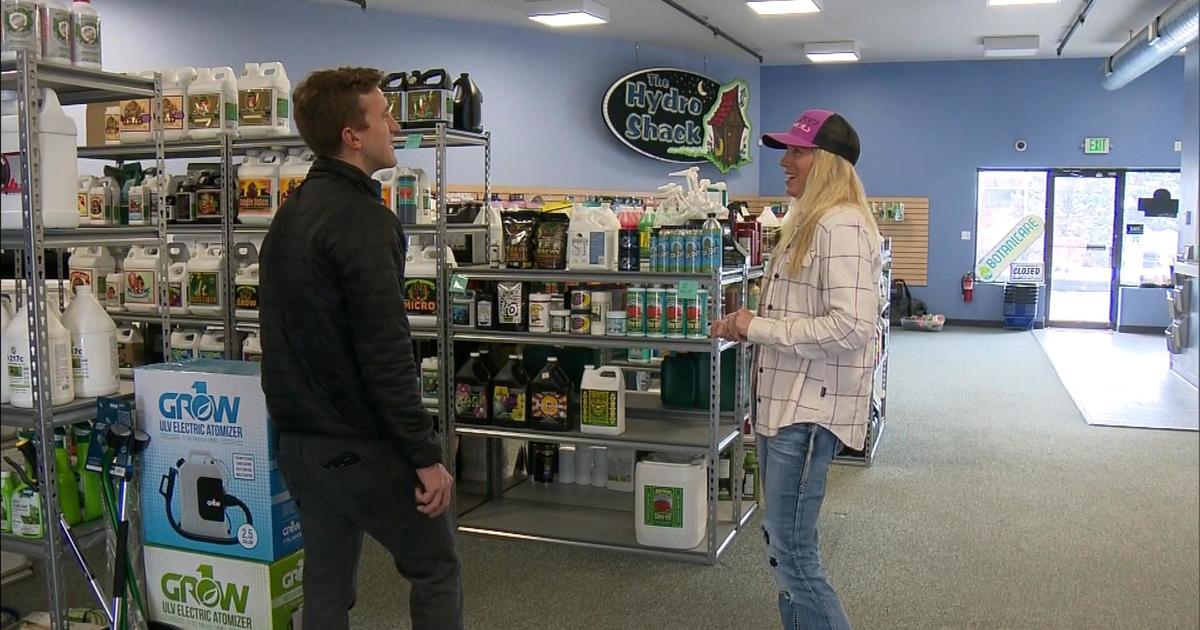Rep. Polis Wants Genetically-Modified Foods Labeled
BOULDER, Colo. (CBS4) - There's a nationwide push to make sure people know exactly what they are eating.
Colorado Rep. Jared Polis wants food labels to tell shoppers when products have been genetically engineered and discussed the plan in Boulder on Wednesday.
Food that's genetically engineered means that it has an ingredient that's DNA was altered in a lab. It's often practiced to resist insects or pesticides. Most corn, soybean and cotton crops, for example, are genetically modified and found in a lot of food. Unless a shopper is savvy, chances are most people are buying and eating modified food without even knowing it.
Seventy percent of processed foods are genetically modified.
"We need a law that gives consumers information that we know they want," Polis said.
At Alfalfa's Market in Boulder, Polis laid out a bill that he's sponsoring that would require labels on all foods with genetically modified organisms (GMOs). He pointed out that 50 other countries already have the law.
Alfalfa's warns shoppers about products that may contain GMOs, but admits it's impossible to know, unless it's organic.
"You know, the genie is out of the bottle and I don't think we'll be ever be able to put it back in," Alfalfa's Market President Mark Retzloff said. "So let's make sure people can make an informed choice when they go into a store."
Retzloff says when modified crops spread, they contaminate organics, which is why company's like Rudi's Organic Bakery, Silk and Horizon support Polis' bill.
So far, the Food and Drug Administration and Department of Agriculture have resisted the labels, saying GMO foods are safe and don't need them. Polis says his bill isn't about consumer safety, but consumer choice.
"When you look at the ingredient list of a product, somebody can choose," Polis said. "It's not that sugar is unsafe, but a consumer might want to know if a product has sugar. Consumers clearly want to know which products contain genetically modified organisms, and which don't."
Polis argues his bill wouldn't cost food companies anything because it's simply a matter of adding a little information to the nutrition label. But opponents say they'd have to track the foods from the farmer to the food manufacturer to the retailer, and that could drive up the cost of foods.
Similar bills have failed, but survey information shows the majority of people want the information.



